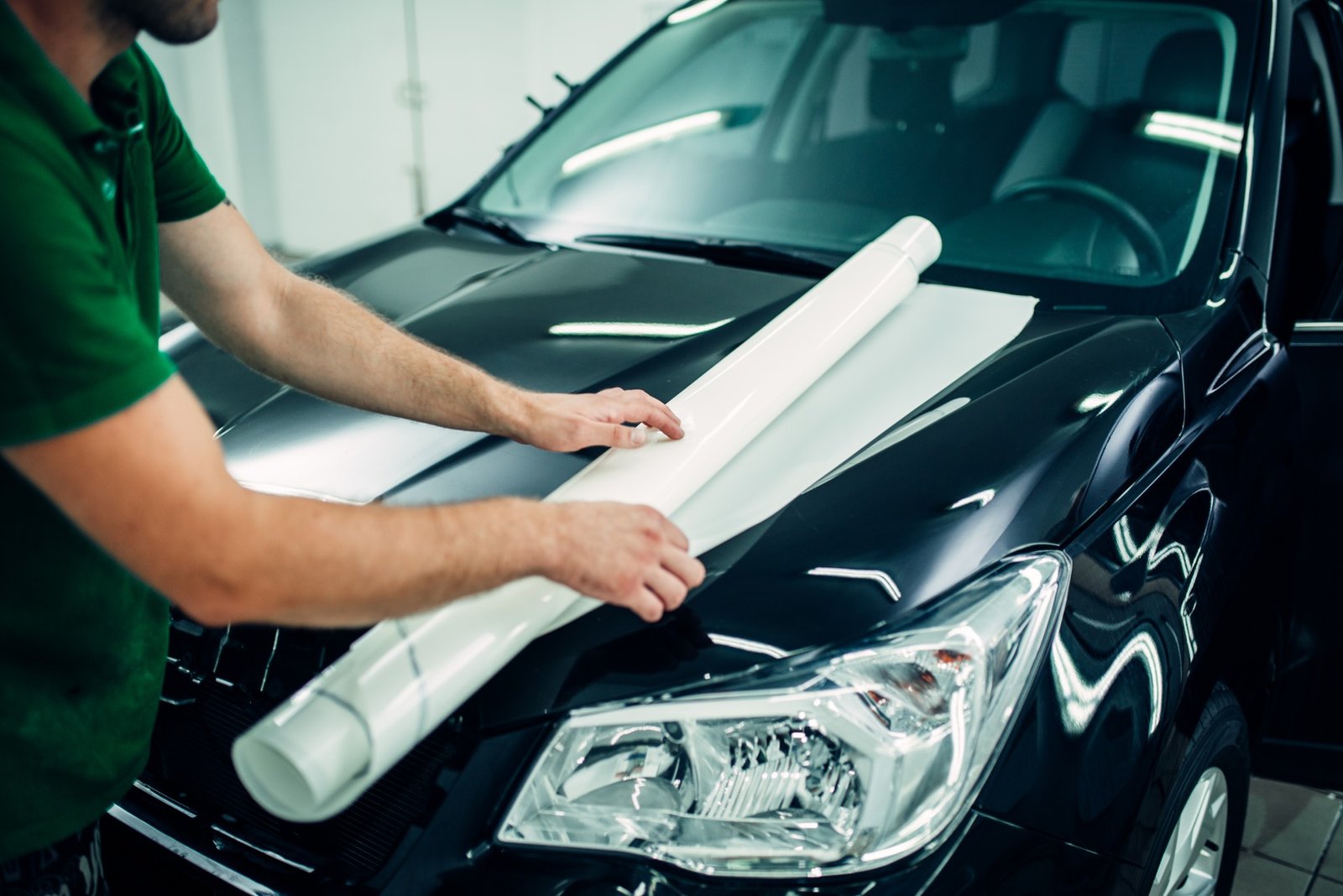How do Temperature Changes Affect Your Car's Glass?
For most of us, driving is an everyday activity, often routine and uneventful. Yet, there's an unseen element at play that can significantly influence our driving experience - the impact of temperature changes on the glass of our vehicles. It's a topic that might not immediately spring to mind, but it's one with real consequences.
From the expansive windshield in the front to the smaller windows that line the sides and the sunroof above, every glass surface on your car is subject to the whims of the weather. The way these glass parts react to shifts in temperature - be it the peak of summer heat or the chill of winter cold - can affect everything from visibility to the structural integrity of the glass itself.
This blog aims to unravel the science behind how temperature fluctuations impact auto glass, and more importantly, what steps you can take to mitigate these effects and ensure your vehicle remains as safe and functional as possible, no matter what the thermometer reads.

The Science Behind It
Auto glass is made to be tough, but it's not indestructible. Glass expands when it's hot and contracts when it's cold. This expansion and contraction can lead to stress on the glass. When the temperature changes rapidly, it can cause more stress, increasing the likelihood of damage.
(818) 408-6623Cracking and Stress Fractures
One of the most common problems with auto glass and temperature changes is cracking. If there's already a small chip or crack in the glass, a sudden temperature change can make it worse. For example, pouring hot water on a frozen windshield in an attempt to defrost it quickly can cause the glass to crack. In cases of significant damage, understanding the differences between front and rear windshield replacements becomes crucial.
Effects of Extreme Heat
In the summer, or hotter climates, cars parked in the sun can experience internal temperatures much higher than outside. This intense heat can affect the auto glass. The heat can weaken the windshield, especially if there are already minor damages like chips or small cracks. Over time, these weakened spots can turn into larger cracks.
The Cold’s Impact
Just like extreme heat, extreme cold can also be tough on auto glass. In cold weather, the glass becomes more brittle and more likely to crack. This is especially true if the glass is stressed by something like a sudden impact (even a small one, like a pebble hitting the windshield).
Sunroof and Rear Window Considerations
Sunroofs and rear windows are also affected by temperature changes. Sunroofs, in particular, can have issues with their seals in extreme temperatures, leading to leaks or difficulty in opening and closing.
Prevention and Protection
While you can't control the weather, there are steps you can take to protect your auto glass from temperature-related damage:
Park in the Shade: When it’s hot, try to park in the shade to keep your car and its glass cooler.
Use a Windshield Sun Protector: These protectors reflect sunlight and help keep your car’s interior, including the glass, cooler.
Gradual Defrosting: In winter, defrost your windshield gradually using your car’s defrost setting. Avoid pouring hot water on the glass.
Regular Inspections: Regularly inspect your auto glass for any chips or cracks. Small chips can often be repaired before they turn into larger cracks.
Professional Installation and Repairs: Always use professional services for windshield repair or replacement to ensure that it is correctly installed.
Tinting and Its Role
Window tinting can also play a role in protecting auto glass from temperature effects. Good quality tints can reduce the amount of heat entering the car, thereby reducing the stress on the glass.
Insurance and Auto Glass Coverage
Check your car insurance policy for auto glass coverage. Many insurance policies cover glass repair and replacement, which can be a relief if temperature changes cause damage to your glass.
Long-Term Effects
Over time, the continuous expansion and contraction of the glass due to temperature changes can weaken the integrity of your auto glass. This makes it more important to take the necessary precautions to protect your glass.
Technology Advancements in Auto Glass
The good news is that advancements in auto glass technology are continually being made. Manufacturers are working on more temperature-resistant glass and improved coatings that can minimize the effects of temperature changes. In this context, smart glass technology has emerged as a significant innovation, offering new ways to enhance the functionality and safety of automobile glass.
The Environmental Factor
It’s also worth noting how the environment plays a role. Vehicles in areas with wide temperature variations or extreme weather conditions are more likely to experience temperature-related auto glass issues.
Temperature changes can have a significant impact on auto glass. By understanding how these changes affect your car’s glass and taking steps to protect it, you can help prevent damage and ensure your vehicle remains safe to drive. Remember, the best defense against temperature-related damage is regular maintenance and immediate attention to any small chips or cracks.
(818) 408-6623